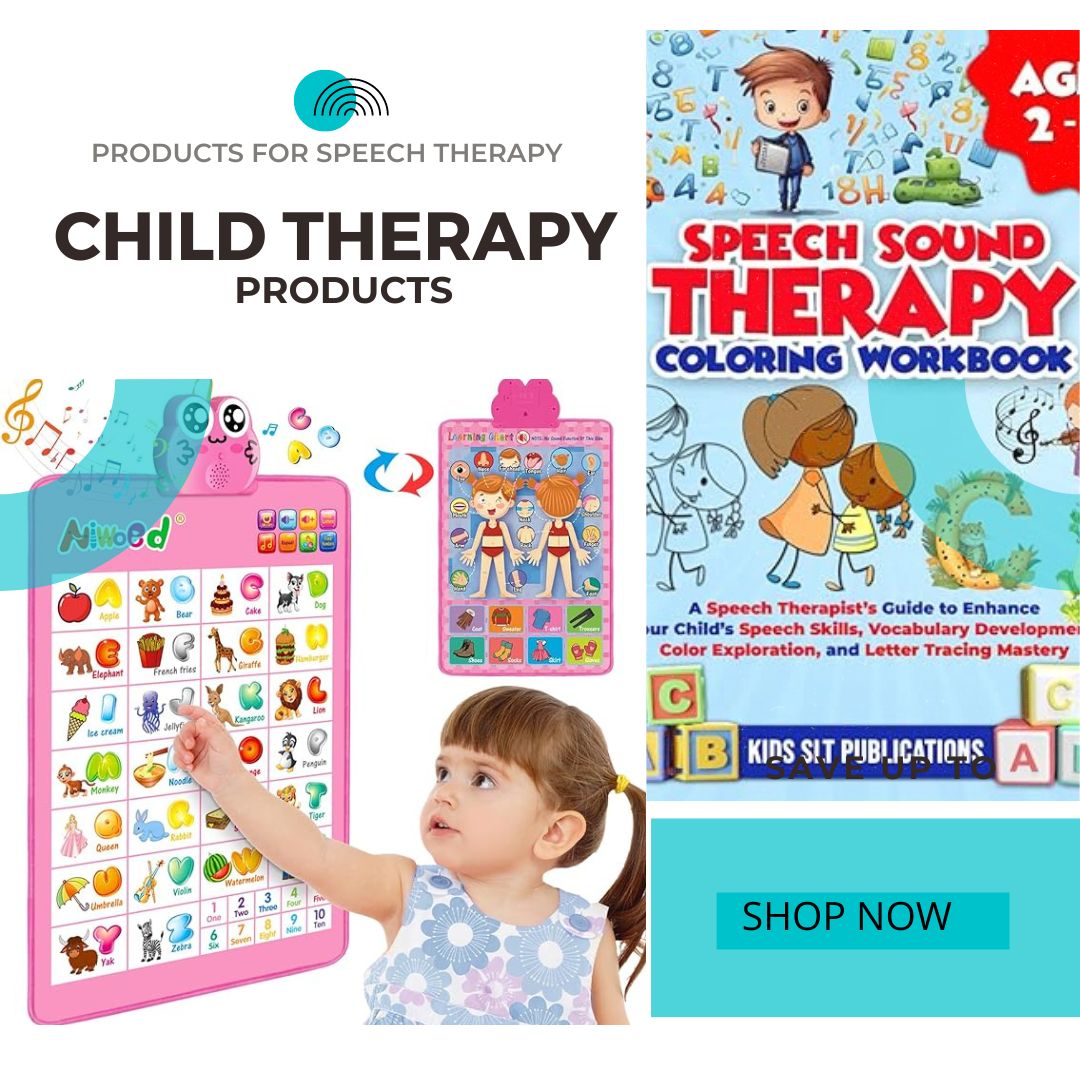Determining whether a child needs speech therapy can be a complex process, as there are many factors to consider. It’s important to have a professional evaluation by a speech-language pathologist to accurately assess the child’s needs and determine the best course of treatment.
There are a number of reasons why a child might benefit from speech therapy. Some children have difficulty producing certain speech sounds, which can affect the clarity of their speech. This is known as a phonological disorder, and it can make it difficult for others to understand what the child is saying. Children with phonological disorders may also have problems with word-finding, and may use unconventional substitutions or omissions of sounds in their speech.
Other children may have difficulty understanding or expressing themselves through language. This can include problems with vocabulary, grammar, or the ability to follow directions. Children with language disorders may also have difficulty with social communication and interacting with others.
Feeding and swallowing difficulties are another area that speech therapy can help with. Children with these problems may have difficulty coordinating the muscles involved in swallowing, or they may have difficulty chewing and biting food. This can lead to malnutrition and other health problems if left untreated.
It’s important to note that children develop at different rates, and what may be a delay for one child may be within the normal range for another. However, if you have concerns about your child’s communication or language skills, it’s a good idea to speak with your child’s healthcare provider or a speech-language pathologist. They can assess your child’s abilities and determine whether speech therapy would be beneficial.
The speech-language pathologist will typically conduct a thorough evaluation to assess the child’s communication and language skills. This may include observation, testing, and the use of standardized assessments. They will also consider the child’s medical history and any underlying conditions that may be affecting their communication and language skills.
If the speech-language pathologist determines that the child would benefit from speech therapy, they will develop a treatment plan tailored to the child’s specific needs. The treatment may involve a combination of individual therapy sessions, as well as activities to be completed at home. The frequency and duration of the therapy sessions will depend on the child’s needs and progress.
It’s important to keep in mind that speech therapy is a process, and it may take time for the child to make progress. Consistency and persistence are key to achieving the best outcomes. It’s also important for parents to be involved in the therapy process and to follow through with the treatment plan at home to help reinforce the skills the child is learning in therapy.
Overall, if you have concerns about your child’s communication or language skills, it’s important to seek the help of a professional. A speech-language pathologist can assess the child’s abilities and determine the best course of treatment, which may include speech therapy. With the right support and guidance, children can make significant progress in their communication and language skills.



